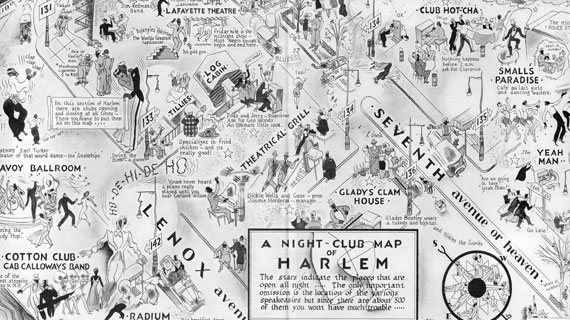Unplugged: Why Does Time Slow Down When We Are on Vacation?

My fiancee and I are lucky to be able to vacation in her hometown of Maine. When we travel there, we often remark how relaxing it is to literally unplug from the frenetic pace of our professional and personal lives in the Beltway: no cell phone, no texting, no email, no television. Without exception we return to DC refreshed, focused, the patterns of our thoughts and attention changed, life feeling slower.
One of the most exciting areas of research over the past decade is in the area of attention and focus. It’s one of the topics I will be tracking at Age of Engagement particularly as it relates to our ever escalating appetite for media multi-tasking. And its a topic I will be discussing in my courses this semester, reporting back on the insights and thoughts of students.
At the New York Times yesterday, reporter Matt Richtel ponders these questions, particularly the ability of experience in nature to relax and heal the mind. In his feature, he profiles a group of leading neuroscientists as they attempt to unplug from their fast-paced research lives and take a canoe trip down the Glen Canyon in Utah. Among the bunch, there are both believers and skeptics about the evidence for the restorative power of an unplugged vacation and exactly just how damaging multi-tasking might be.
The article is worth a slow, thoughtful read. Take your time and reflect on the role of attention in your life. Then wand over the picture at top. Richtel introduces the story in a video interview and then in a 360 panorama, you can wand over each of the scientists and listen to their goals for the trip and outlook on attention and health.





